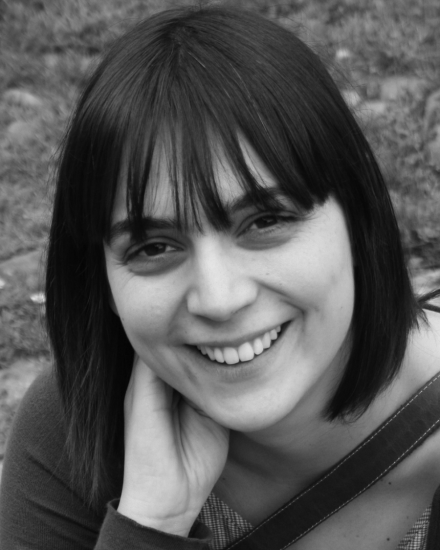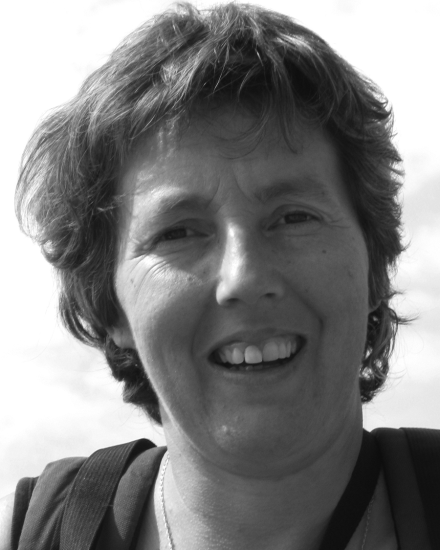Abstract:
The work we present in this paper aims to help teachers create multiple-choice science tests. We focus on a scientific vocabulary-learning scenario taking place in a Basq...Show MoreMetadata
Abstract:
The work we present in this paper aims to help teachers create multiple-choice science tests. We focus on a scientific vocabulary-learning scenario taking place in a Basque-language educational environment. In this particular scenario, we explore the option of automatically generating Multiple-Choice Questions (MCQ) by means of Natural Language Processing (NLP) techniques and the use of corpora. More specifically, human experts select scientific articles and identify the target terms (i.e., words). These terms are part of the vocabulary studied in the school curriculum for 13-14-year-olds and form the starting point for our system to generate MCQs. We automatically generate distractors that are similar in meaning to the target term. To this end, the system applies semantic similarity measures making use of a variety of corpus-based and graph-based approaches. The paper presents a qualitative and a quantitative analysis of the generated tests to measure the quality of the proposed methods. The qualitative analysis is based on expert opinion, whereas the quantitative analysis is based on the MCQ test responses from students in secondary school. Nine hundred and fifty one students from 18 schools took part in the experiments. The results show that our system could help experts in the generation of MCQ.
Published in: IEEE Transactions on Learning Technologies ( Volume: 7, Issue: 4, 01 Oct.-Dec. 2014)

Department of Computer Languages and Systems, University of the Basque Country (UPV/EHU), Donostia- San Sebastian, Gipuzkoa, Spain
Itziar Aldabe received the PhD degree in computer science from the
University of the Basque Country (UPV/EHU) in 2011. She is currently a researcher in the Department of Computer
Languages and Systems, University of the Basque Country (UPV/EHU). Her current interests include language learning,
educational resources and natural language processing (NLP). She has been working in the use of NLP into Education
since 2003.
Itziar Aldabe received the PhD degree in computer science from the
University of the Basque Country (UPV/EHU) in 2011. She is currently a researcher in the Department of Computer
Languages and Systems, University of the Basque Country (UPV/EHU). Her current interests include language learning,
educational resources and natural language processing (NLP). She has been working in the use of NLP into Education
since 2003.View more

Department of Computer Languages and Systems, University of the Basque Country (UPV/EHU), Donostia- San Sebastian, Gipuzkoa, Spain
Montse Maritxalar received the PhD degree in computer science from
the University of the Basque Country (UPV/EHU) in 1999. She is an associate professor of computer science at the
University of the Basque Country (UPV/EHU). She is also a member of the IXA natural language processing group. Her
current interests include language learning, educational resources, and natural language processing (NLP).
Montse Maritxalar received the PhD degree in computer science from
the University of the Basque Country (UPV/EHU) in 1999. She is an associate professor of computer science at the
University of the Basque Country (UPV/EHU). She is also a member of the IXA natural language processing group. Her
current interests include language learning, educational resources, and natural language processing (NLP).View more

Department of Computer Languages and Systems, University of the Basque Country (UPV/EHU), Donostia- San Sebastian, Gipuzkoa, Spain
Itziar Aldabe received the PhD degree in computer science from the
University of the Basque Country (UPV/EHU) in 2011. She is currently a researcher in the Department of Computer
Languages and Systems, University of the Basque Country (UPV/EHU). Her current interests include language learning,
educational resources and natural language processing (NLP). She has been working in the use of NLP into Education
since 2003.
Itziar Aldabe received the PhD degree in computer science from the
University of the Basque Country (UPV/EHU) in 2011. She is currently a researcher in the Department of Computer
Languages and Systems, University of the Basque Country (UPV/EHU). Her current interests include language learning,
educational resources and natural language processing (NLP). She has been working in the use of NLP into Education
since 2003.View more

Department of Computer Languages and Systems, University of the Basque Country (UPV/EHU), Donostia- San Sebastian, Gipuzkoa, Spain
Montse Maritxalar received the PhD degree in computer science from
the University of the Basque Country (UPV/EHU) in 1999. She is an associate professor of computer science at the
University of the Basque Country (UPV/EHU). She is also a member of the IXA natural language processing group. Her
current interests include language learning, educational resources, and natural language processing (NLP).
Montse Maritxalar received the PhD degree in computer science from
the University of the Basque Country (UPV/EHU) in 1999. She is an associate professor of computer science at the
University of the Basque Country (UPV/EHU). She is also a member of the IXA natural language processing group. Her
current interests include language learning, educational resources, and natural language processing (NLP).View more

